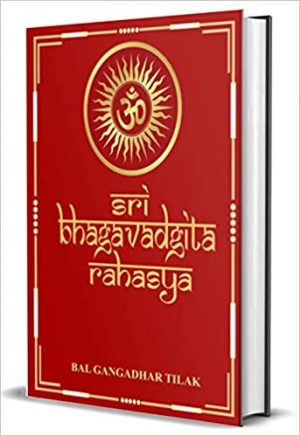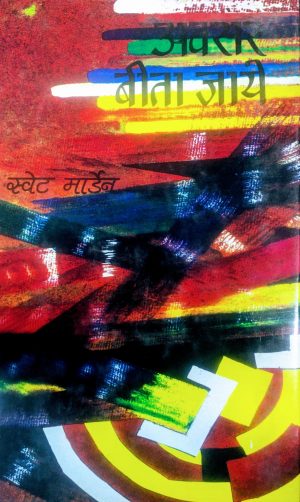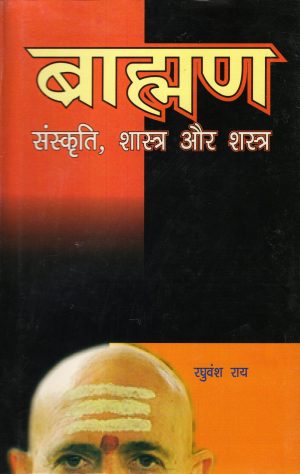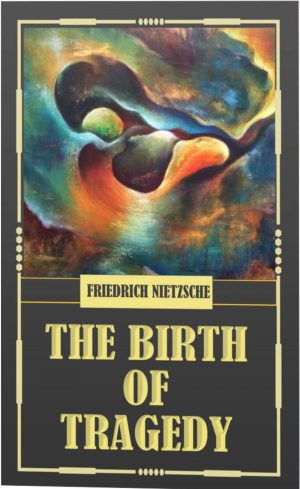Siddhartha : An Indian Tale by Hermann Hesse (Hardback)
- ISBN-13 : 978-8182475441
- Page: 141
- Dimensions : 22 x 14 x 1 cm
- Siddhartha, novel by Hermann Hesse based on the early life of Buddha, published in German in 1922. It was inspired by the author’s visit to India before World War I.
₹299.00 ₹495.00
Related products
-
Religion & Philosophy
Sri Bhagavadgita Rahasya by Bal Gangadhar Tilak ,Golden Embossed; Collector’s Edition,Hardcover
 Religion & Philosophy
Religion & PhilosophySri Bhagavadgita Rahasya by Bal Gangadhar Tilak ,Golden Embossed; Collector’s Edition,Hardcover
0 out of 5(0)- ISBN : 978-8182478374
- Page : 768
This beautiful edition, contains the essence of the Vedas and the Upanishadas, and is a sure guide of the way to perfect happiness, here as well as hereafter. It preaches the threefold way of knowledge, Action and Devotion, leading to the highest good of mankind. This book is a golden embossed edition of the classic and is suitable for festive gifting as well as keeping in ones own personal library. Its soft matt finish and embossed gold gives it a rich look topped up with enriching content
SKU: n/a -
Hindi Literature, Religion & Philosophy
Brahaman Sanskriti,Shaastr Aur Shastr : Raghuvansh Rai
0 out of 5(0)isbn : 978-81-8247-348-5
‘Brahman :sanskriti -shaatr aur shastr is based upon hindu culture,hindu religion and thoughts of some great personalities .This book is also based upon study of other religions like islam amd christian .this book can be used as reference book for any relegious based research work.
SKU: n/a -
Religion & Philosophy
The Birth of Tragedy by Friedrich Nietzsche(Classic Edition Hardcover)
0 out of 5(0)- ISBN-13 : 978-8182476370
- Dimensions : 22 x 14 x 1.5 cm
- Page : 154 pages
- The Birth of Tragedy a book by German philosopher Friedrick Nietzsche, first published in 1872 as Die Geburt der Tragodie aus dem Geiste der Musik. A speculative rather than exegetical work examines the origins and development of poetry, specifically Greek Tragedy. Nietzsche argues that Greek Tragedy arose out of the fusion of what he termed Apollonian and Dionysian elements – the former representing measure. restraint, and harmony and the latter unbridled passion- and that Socratic rationalism and optimism spelled the death of Greek Tragedy. The Final part of the book is a rhapsody on the rebirth of tragedy from the spirit of Richard Wagner’s Music. Greeted by stony silence at first, the book became the object of heated controvery for those who mistook it for a conventional work of classical scholarship. It remains a classic in the history of aesthetics.
SKU: n/a





There are no reviews yet.